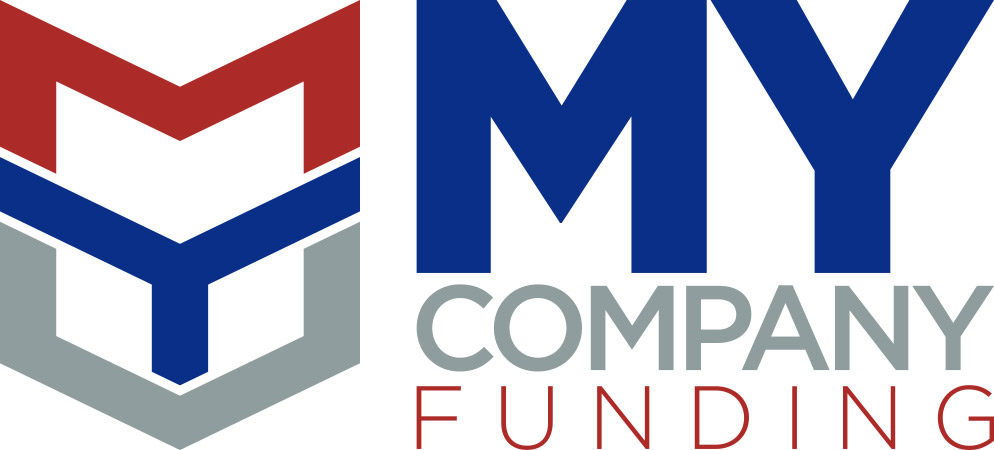
Working capital is the lifeblood of your business. This measure lets you test your ability to pay your short-term debts while planning ahead for growth or busy periods. It also identifies cash shortages and helps you pinpoint where your cash is tied up. Working capital loans offer one solution to this dilemma.
What Does Working Capital Tell You About Your Business?
Working Capital is commonly used to evaluate the long or short-term health of a business. Here is the calculation:
Working Capital = Current Assets – Current Liabilities
Current assets consist of cash, inventory, investments, accounts receivable and other liquid assets you can convert to cash quickly. Current liabilities include debts and obligations due in under a year, and they include accounts payable, short-term debts and long-term debt pay downs due within a year.
Ideally, current assets are greater than current liabilities, resulting in a positive working capital calculation. This signifies that the company has the resources to meet its short-term responsibilities.
How Can Working Capital Work For Your Business?
When you have sufficient working capital, you can use it to grow the business rather than merely staying ahead of your loans and other obligations. Here are some of the most common uses of
working capital loans and reserves:
- Purchase inventory before the busy season in your industry
- Hire and train additional staff in time to train them before business picks up
- Taxes sometimes come due at an inconvenient time. Short-term working capital loans help you pay your taxes without depleting your working capital.

Reasons to Consider Working Capital Loans
To survive, every business needs a healthy working capital measure. Specific benefits of a positive working capital position include:
- Reserves to get through rough patches
- Ability to expand your business mode
- Acquisition of revenue generating assets
- Potential to buy out a silent or ineffective partner
As an indicator of a well-managed organization, the working capital calculation helps you measure the viability of your enterprise. It’s also used by banks to extend lines of credit to businesses.
Benefits of Maintaining Adequate Working Capital
Having adequate working capital benefits businesses in many ways. First, it ensures you’ll be able to continue operating without interruption. That’s because having enough working capital guarantees that you won’t run out of cash in the short-term. Paying for supplies or raw materials and meeting payroll are non-negotiable operating expenses, so having sufficient capital helps you maintain the reputation and goodwill of your company.
You need sufficient capital to buy in bulk so that you’re eligible for discounts. It also ensures that you can ramp up quickly if sales pick up suddenly. The alternative is leaving money on the table and losing valuable opportunities. Sometimes, the best solution to a cash crunch is to shop around for short-term working capital loans.

Where to Get Working Capital Loans?
My Company Funding offers fixed loan terms and payments up to 24 months and welcomes repeat customers.

